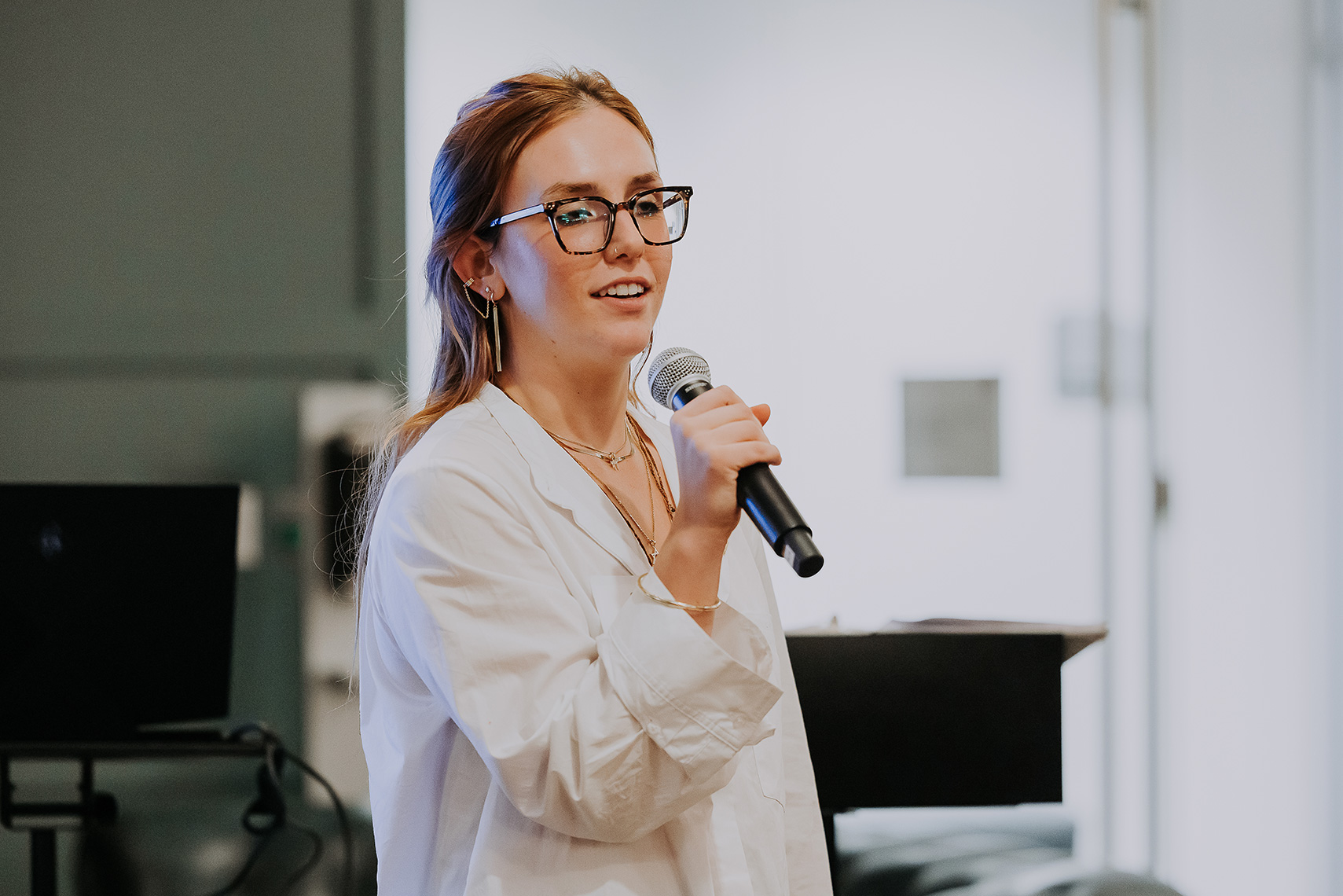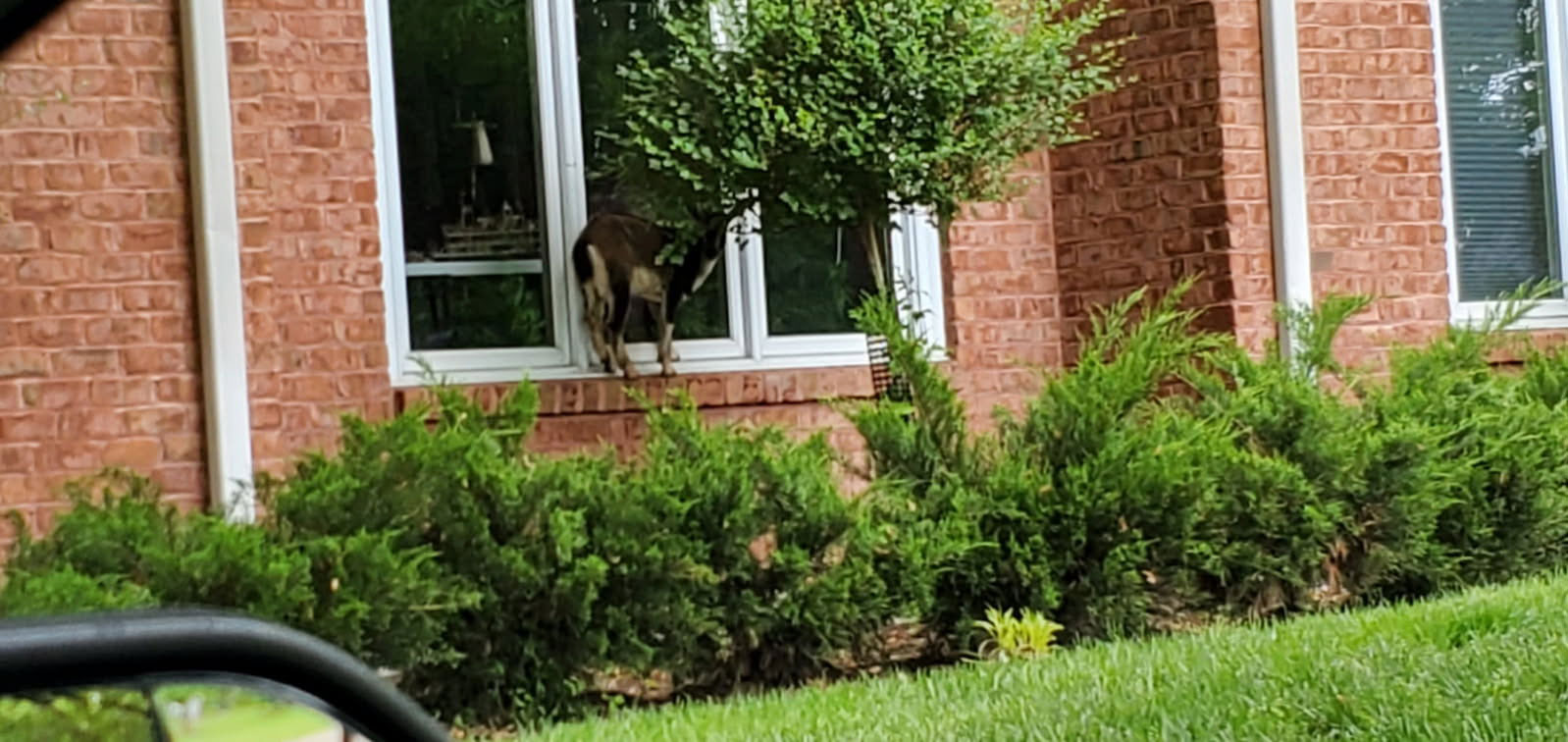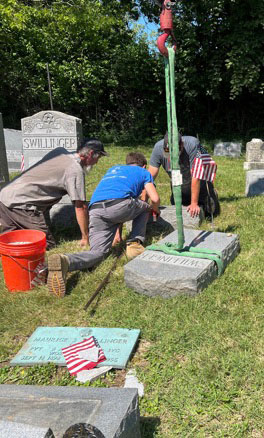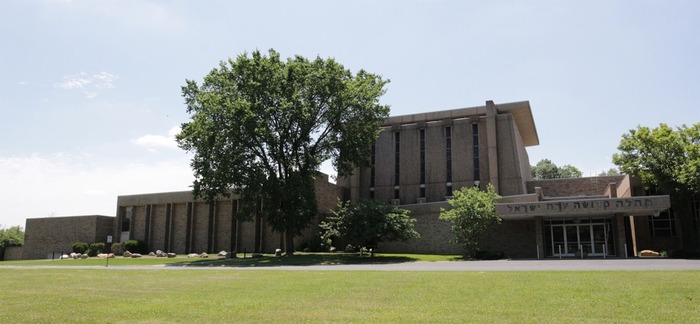Photo courtesy of Brandy Hopkins Photography.
Ofri Reiner speaks at the JNF Open House and Trivia Night
By Melissa Hunter
Assistant Editor
On Tuesday, September 17, The Jewish National Fund-USA hosted a Women for Israel Open House and Trivia Night. The event featured special guest speaker Ofri Reiner, a Nova Music Festival Survivor, who shared her story of survival and resilience.
Reiner, 22, grew up in Israel and served as a combat soldier and a commander in Search and Rescue after graduation. “I was a normal girl who loved theater in high school,” she explained. “I was dismissed from the army less than a year ago.”
On October 7, Reiner and four of her friends were attending the Nova Musical Festival. She described her experience only briefly. “At 6:29, when the rockets started coming, we drove by car to get away, and then the car got stuck. So, we started running. We ran and hid for 11 miles (19 kilometers) until we arrived to safety. When I finally came back to my mother’s home, I was told that my (step)brother Shalev Dagan was missing.” Reiner’s parents divorced when she was little, and her stepbrother had been a part of her family since she was 6-years-old. “We’re not related by blood, but he is my brother,” Reiner said.
Shalev was a staff sergeant in the IDF who was on active duty on October 7. Reiner went on to explain Shalev’s fate. “After three days, they informed us that he was dead.” According to the Times of Israel, “At 5:30 a.m. on October 7, Shalev Dagan and three other Golani soldiers, Cpt. Omer Wolf, Staff Sgt. Maru Alem, and Itay Zarbib, piled into a ‘David’ armored vehicle to do a routine patrol along the Gaza border fence. They were the first to encounter the invasion of Hamas terrorists into southern Israel that morning, engaging in battle with a group of them astride motorcycles and pickup trucks. They fought for more than an hour at five different locations, preventing eight terrorists from entering Kibbutz Nirim and succeeded in delaying the invasion by two hours.”
“Shalev was one of the bravest soldiers,” Reiner said. “At the same time on the same day, I was only 6.5 miles away from him. The first time I saw the map, I understood that Shalev physically and mentally saved my life.”
Reiner described both the tragedy of living through the attack at the Nova Festival as well as the loss of her brother as, “too big for my body and too big for my age.”
“The presence of death that lingered in my home for so long made me grow really fast and understand a lot of things about myself. Death was so in my face all the time, but I was able to step out of my own pain and look left or right and see all the people next to me that were hurting. Israel is so tiny that the moment October 7 happened, it was like all our skies were painted gray. Nobody could feel happy, and we were all linked in so many ways. Everyone was participating in the same pain as an entire nation.”
Out of this pain, Reiner found a way to move forward. She began to speak to audiences about her experiences, at first in her own country, then abroad. It was through this experience speaking in the diaspora that she began to realize just how big an impact October 7 had on the world. “It’s so big. It’s bigger than me,” she said. Sharing her story “as a combat soldier” and “as a girl of peace since a very young age” became her calling.
Reiner’s first tour was in May. “I called it A Story of Resilience. This is where I did 25 lectures in 40 days around L.A.,” she explained. Now, she is on her second journey speaking to audiences in the United States. “I call it a Brave New World. This is where I’m taking all the testimony itself but facing more towards the future. Now, a year after everything, what I truly hope to bring to the places I’m coming to is the understanding that it’s hard to look towards the unknown, but we can. It’s way better than looking towards the past, and I’m hoping to bring some of my post traumatic growth to the diaspora.”
When asked about the reception she’s received, Reiner says, “I’ve met a lot of Jews and non-Jews. I’ve received a lot of hugs. I get a lot of respect that I wasn’t expecting, but most of all, I feel such a connection. I feel a need.” She went on to explain that this need arises from the view the media has portrayed of Israel. For Reiner, being able to show the strength of the Jewish spirit is so important. “Being here means that you’re being consumed by media, and the media (shows) so much (that’s) negative. Somebody asked me in one of my lectures what it’s like in Israel? Do people go on? Do people go to clubs, go to restaurants? For me, it was so obvious, and the fact that it’s not being shown here was surprising. The Jewish identity, having this Jewish zest in your life, means that you are capable of doing anything. Even though there is so much darkness outside, you will always raise your head up and keep living.”
Following the events of October 7, Reiner used art as a coping mechanism for her PTSD symptoms. “For me, making art is equivalent to running, to meditating, to baking. It’s how I chose to actively pull myself out of my grief. Going to the same cafe and drawing all day long…that was how I chose to reclaim my life.
“When I am (creating) art, it’s my way to see beauty in the world again. I never drew before October 7. I was a woman of words. My dream was to be an author and a writer. I wrote songs and poems. That was what I loved. But since October 7, when I try to write, I am met with a blank sheet of paper. My subconscious won’t let me write anything.” Art therapy has helped her on her journey of healing, and her artwork captures the dichotomy of loss and hope. “I feel like being an artist is a non-direct way towards my subconscious. It gives me the opportunity to be present and to deal with something that I’m in charge of. It just grew and grew and grew, and art became my symbol for seeing beauty again, and being a child again.”
Reiner, whose middle name is Etta, is named after her great-grandmother Etta, a Holocaust survivor. “When she got out of Auschwitz, she weighed 28 kilos,” Reiner said. Despite the trauma she experienced, she went on to have beautiful family with strong Zionist values. “The message that I’m trying to communicate with audiences is that my generation, the young generation of people who has the most casualties, is the one that’s going to bring Israel back to its feet. I feel like I’m carrying a torch of hope everywhere I go, because I truly, sincerely, deeply believe that if I did it, and I’m just a 22-year-old girl, there’s so many more like me.” The act of sharing her story is also a call for action. Reiner found strength in her Jewish identity and her Israeli narrative, and she hopes to share that strength to help foster post-traumatic growth and healing for her country. “I mean, history writes itself,” she said, “and we are still here.”





